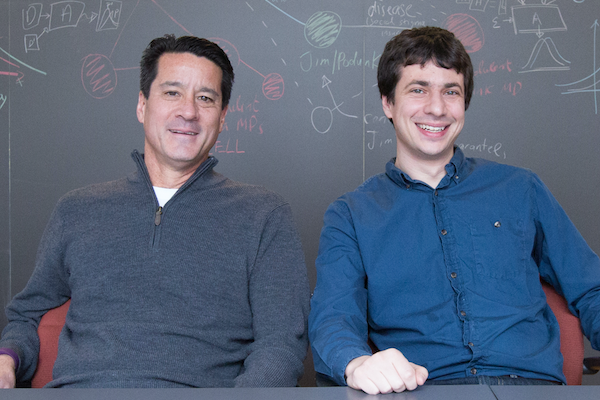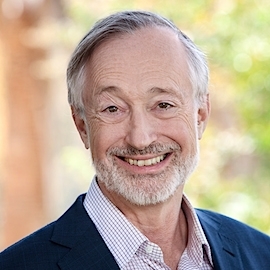Breaking news:
The BBVA Foundation recognizes Bresnahan, Pakes and Porter for opening up the field of empirical industrial organization
"The BBVA Foundation Frontiers of Knowledge Award in the Economics, Finance and Management category goes, in this tenth edition, to Timothy Bresnahan, Ariel Pakes and Robert Porter for founding and shaping the field of empirical industrial organization, a branch of economics that has developed fundamental techniques to measure market power (understood as the ability of a firm to control prices in a given industry). “Motivated by important and policy-relevant questions in applied economics,” remarks the jury in its citation, “they developed methodologies that had a significant and long-lasting impact on subsequent work in industrial organization as well as other applied fields.”
*********
William Nordhaus, the father of climate change economics, wins the BBVA Foundation Frontiers of Knowledge Award
"The BBVA Foundation Frontiers of Knowledge Award in the Climate Change category goes, in this tenth edition, to economist William Nordhaus, of Yale University (USA) for founding the field of climate change economics, by “pioneering a framework that integrates climate science, technology and economics to address the critical question: What should the world do to limit climate change?”:
The BBVA Foundation recognizes Bresnahan, Pakes and Porter for opening up the field of empirical industrial organization
"The BBVA Foundation Frontiers of Knowledge Award in the Economics, Finance and Management category goes, in this tenth edition, to Timothy Bresnahan, Ariel Pakes and Robert Porter for founding and shaping the field of empirical industrial organization, a branch of economics that has developed fundamental techniques to measure market power (understood as the ability of a firm to control prices in a given industry). “Motivated by important and policy-relevant questions in applied economics,” remarks the jury in its citation, “they developed methodologies that had a significant and long-lasting impact on subsequent work in industrial organization as well as other applied fields.”
*********
William Nordhaus, the father of climate change economics, wins the BBVA Foundation Frontiers of Knowledge Award
"The BBVA Foundation Frontiers of Knowledge Award in the Climate Change category goes, in this tenth edition, to economist William Nordhaus, of Yale University (USA) for founding the field of climate change economics, by “pioneering a framework that integrates climate science, technology and economics to address the critical question: What should the world do to limit climate change?”:






